According to VNA correspondents in Central America and the Caribbean, the capital of Haiti continues to be engulfed in violence at an unprecedented level.
On the morning of March 22 (local time), people continued to be horrified to see dozens of bodies scattered on the streets, many of which had been burned.
This has become a regular occurrence in recent days after fierce clashes between police and armed gangs. Bodies pile up in the streets until ambulances arrive to take them all away to a common grave.
The World Food Programme (WFP) warned on the same day that food insecurity in Haiti has reached an unprecedented level, with 4.97 million out of a total population of 11.5 million facing acute food insecurity, 1.64 million of whom are at an emergency level.
 |
The Artibonite Valley, considered the country’s food basket, has been taken over by armed groups. The WFP says its humanitarian operations in Haiti are severely underfunded. The agency needs $95 million over the next six months to sustain its humanitarian programs.
The World Health Organization (WHO) also sounded the alarm about the health and humanitarian situation in the capital Port-au-Prince, which has been worsened by the closure of the airport and poor access to the seaport, as the surrounding area has been taken over by armed gangs.
WHO does not rule out that the situation will deteriorate significantly in the coming weeks if fuel becomes scarce and access to essential medical supplies does not improve soon. Specifically, blood, anesthetics and essential drugs are running out, while only half of the city's medical facilities are still functioning.
Armed gangs now control nearly 90 percent of the capital Port-au-Prince, according to Laurent Uwumuremyi, director of the Haiti branch of the aid group Mercy Corps.
Earlier, on March 20, the UN confirmed the airlift of 800 kg of medical supplies to Haiti, including blood bags, medical supplies, and humanitarian workers. Mr. Florencia Soto, Deputy Spokesperson of the UN Secretary-General, emphasized that this was the first aid shipment to Haiti by air from the Dominican Republic.
Meanwhile, a growing number of Haitians fleeing violence are being intercepted by neighboring countries on their illegal migration routes and sent back to their home countries. The United Nations High Commissioner for Refugees (UNHCR) has called on countries to facilitate and avoid deporting Haitians who may need international protection, especially those at high risk, as well as those who may be exposed to serious harm due to the activities of armed groups.
According to VNA/Tin Tuc Newspaper
Source



![[Photo] Prime Minister Pham Minh Chinh chairs a meeting on the implementation of the Lao Cai-Hanoi-Hai Phong railway project.](https://vphoto.vietnam.vn/thumb/1200x675/vietnam/resource/IMAGE/2025/5/20/0fa4c9864f63456ebc0eb504c09c7e26)
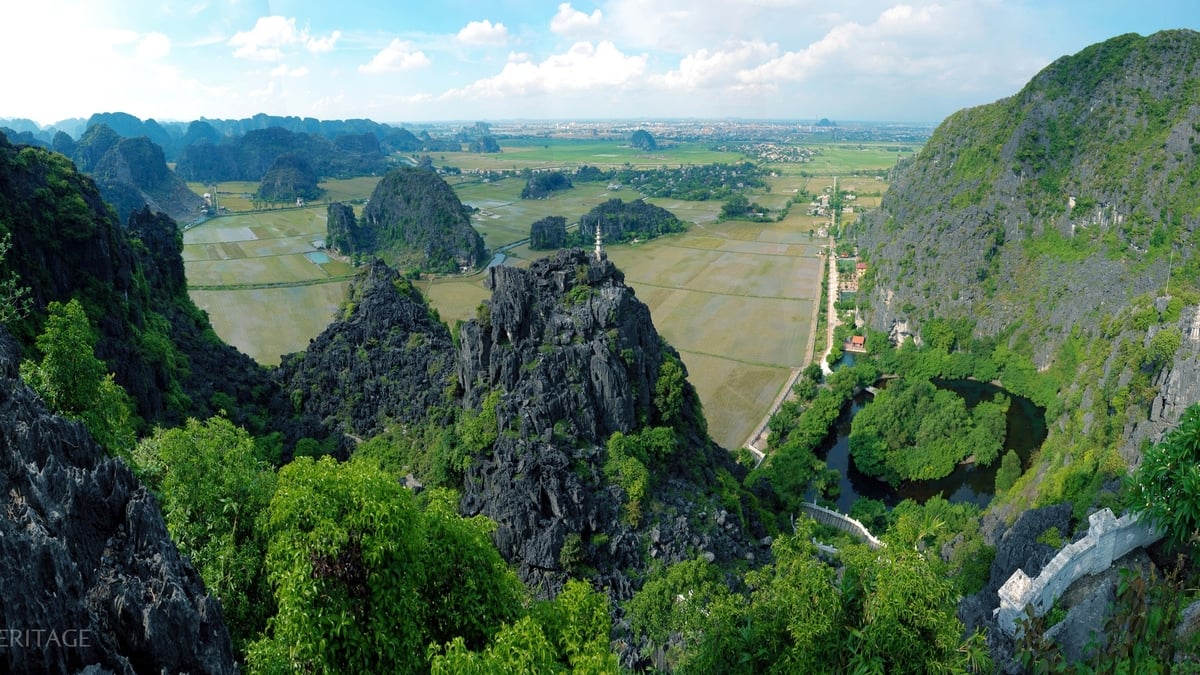

















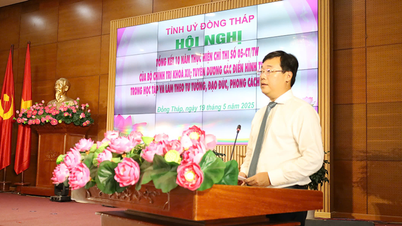











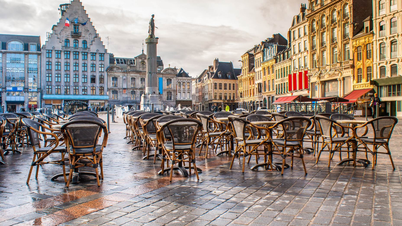



























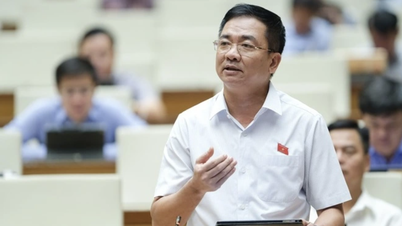



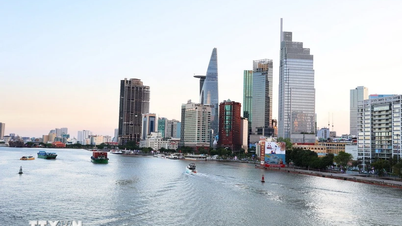









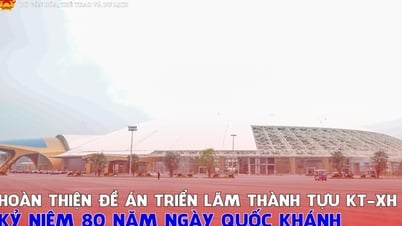




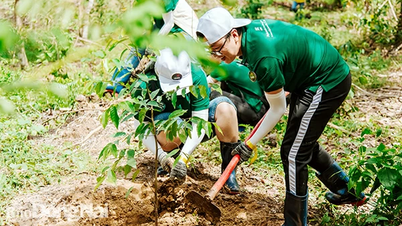

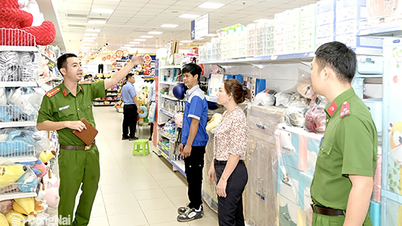

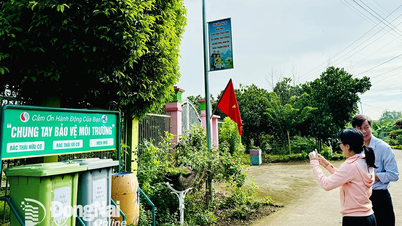
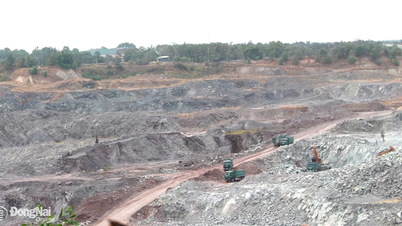












Comment (0)